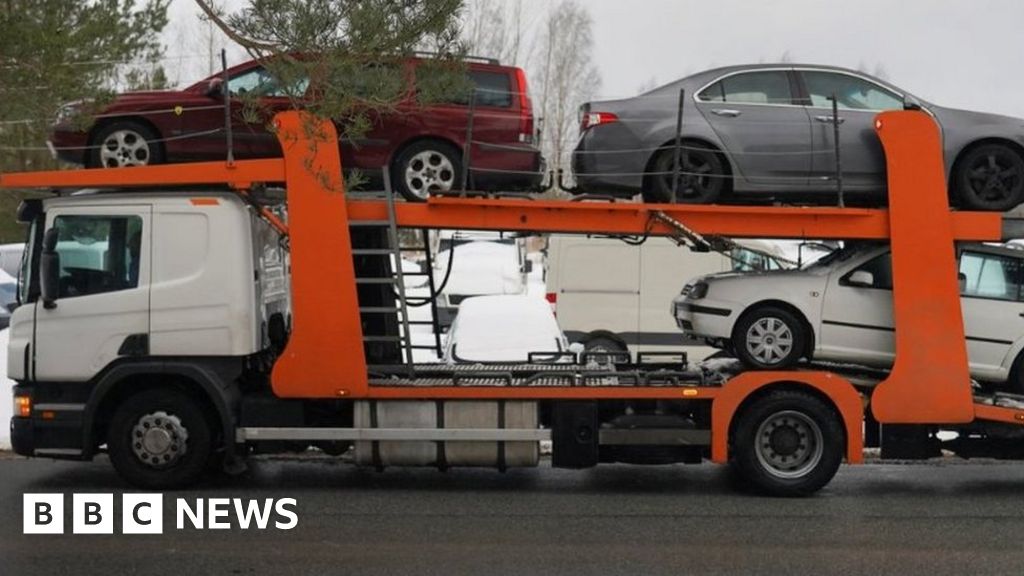Permabanned
- Joined
- 28 Nov 2003
- Posts
- 10,695
- Location
- Shropshire
Common situation? War?
Earthquakes can be accounted for, as they are in all buildings, human error not an issue, I work in a regulated industry where a single point of failure is never allowed, so assume an even more regulated industry would also treat critical points of failure the same.
Yes, a very common situation, whilst not all these countries will likely have direct access to an enemy's nuclear infrastructure, if indeed they have one, war is far from uncommon. This is who is at war currently in 2023.
| Myanmar | 10,000+ | Civil War | 1,000 to 10,000 |
| Russia | 10,000+ | Russo-Ukrainian War | 0 to 999 |
| Ukraine | 10,000+ | Russo-Ukrainian War | 0 to 999 |
| Afghanistan | 1,000 to 10,000 | Civil War/Terrorist Insurgency | 10,000+ |
| Burkina Faso | 1,000 to 10,000 | Terrorist Insurgency | 1,000 to 10,000 |
| Colombia | 1,000 to 10,000 | Civil War/Drug War | 1,000 to 10,000 |
| Dr Congo | 1,000 to 10,000 | Terrorist Insurgency | 1,000 to 10,000 |
| Ethiopia | 1,000 to 10,000 | Civil War | 10,000+ |
| Iraq | 1,000 to 10,000 | Terrorist Insurgency/Political Unrest | 1,000 to 10,000 |
| Mali | 1,000 to 10,000 | Civil War/Terrorist Insurgency | 1,000 to 10,000 |
| Mexico | 1,000 to 10,000 | Drug War | 10,000+ |
| Nigeria | 1,000 to 10,000 | Terrorist Insurgency | 1,000 to 10,000 |
| Somalia | 1,000 to 10,000 | Civil War | 1,000 to 10,000 |
| South Sudan | 1,000 to 10,000 | Ethnic Violence | 1,000 to 10,000 |
| Sudan | 1,000 to 10,000 | Terrorist Insurgency | 1,000 to 10,000 |
| Syria | 1,000 to 10,000 | Civil War | 1,000 to 10,000 |
| Yemen | 1,000 to 10,000 | Civil War | 10,000+ |
| Algeria | 0 to 999 | Terrorist Insurgency | 1,000 to 10,000 |
| Benin | 0 to 999 | Terrorist Insurgency | 1,000 to 10,000 |
| Cameroon | 0 to 999 | Terrorist Insurgency | 1,000 to 10,000 |
| Central African Republic | 0 to 999 | Civil War | 0 to 999 |
| Chad | 0 to 999 | Terrorist Insurgency | 1,000 to 10,000 |
| Ghana | 0 to 999 | Terrorist Insurgency | 1,000 to 10,000 |
| Ivory Coast | 0 to 999 | Terrorist Insurgency | 1,000 to 10,000 |
| Libya | 0 to 999 | Civil War | 1,000 to 10,000 |
| Mauritania | 0 to 999 | Terrorist Insurgency | 1,000 to 10,000 |
| Mozambique | 0 to 999 | Terrorist Insurgency | 1,000 to 10,000 |
| Niger | 0 to 999 | Terrorist Insurgency | 1,000 to 10,000 |
| Tanzania | 0 to 999 | Terrorist Insurgency | 1,000 to 10,000 |
| Togo | 0 to 999 | Terrorist Insurgency | 1,000 to 10,000 |
| Tunisia | 0 to 999 | Terrorist Insurgency | 1,000 to 10,000 |
| Uganda | 0 to 999 | Terrorist Insurgency | 1,000 to 10,000 |
***Comment removed***
Last edited by a moderator:





